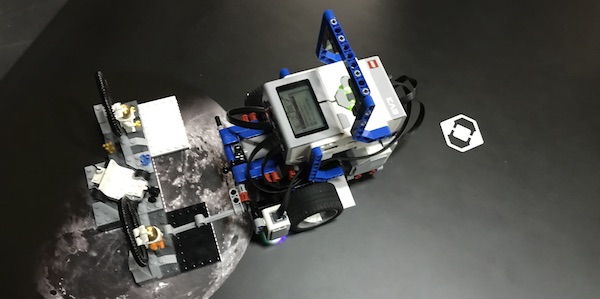Simple Versus Complex

The following discussion is quoted from the Facebook Group FLL: Share & Learn.
Do the teams get higher marks from the judges for more complex programs and attachments or is it more about executing the missions for the most points? Can they do just as well with a simple yet accurate robot?
-
There are two parts to the robot game: 1) The robot game itself. Here, the accuracy of scoring missions and most points is all that matters. You are not judged on how you built/programmed, nor if the technique is unique. The goal is simply the greatest number of points in two and a half minutes. 2) Robot design judging. This is independent of your score/performance with the robot in no.1 above. Complex does not always mean it is better. Robust, well-designed, well-explained, but simple can be great. Complex for no reason does not help. However, complex for a reason (does a lot of tasks at once, efficient, creative, etc.) is useful.
-
As everyone above states, use the rubrics and every judge can be different.
That being said, being complex for no additional benefit isn’t going to give you a higher ranking in most circumstances. If you can complete half the challenges with one attachment and variations of the same programming, you’ll probably do better in the judging because it will show you’ll probably be more consistent in the robot game too. If you go complex because you came up with a novel way to complete missions that others would have a problem with or to get more done in a shorter period of time, then that would get taken into account too. It all depends on the purpose and execution of the complexity. (…and the judges.)
-
In our experience, there is not a consistent answer to this. Judges vary, but all use the rubric - so your best bet is to have the kids look at the rubric and see where their work fits into the concepts
-
It will vary with judges. Complex or simple…the key is that the kids can explain it and that it is consistent. Going by the rubrics is the best way to approach any judging room.
-
I will go with it depends too. My kids won robot design at state tournament 2 years ago because they only had one super simple attachment and were able to articulate why they designed it like that and why it was a good thing.
-
Yeah. It all depends on the judges. Which can be very frustrating (especially in regions where coaches aren’t allowed into the judging rooms so all you get are the rubrics which may or may not have helpful comments and what your team members tell you when they get out of the room).
Personally, my thought is to always keep in mind the Core Value - What we learn is more important than what we win. Help the kids learn and do their best to explain what they’ve learned to the judges. Help them to have fun. Learn new things yourself. If you advance past your first tournament, that’s great. If not, no worries because you learned and you and fun. Take the off-season to learn more and have more fun and come back and do it all again next year!
- A couple of quotes come to mind. First, one from the greatest engineer of all time Leonardo da Vinci “Simplicity is the ultimate sophistication”. Second quote said to me by a great engineer, “Any engineer can built a complex machine to do a complex job but only a great engineer can design a simple machine to do a complex job”. If you want to teach kids to be smart and great engineers then teach them to look for the simple answers and not to over complicate things.

 Resources
Resources


